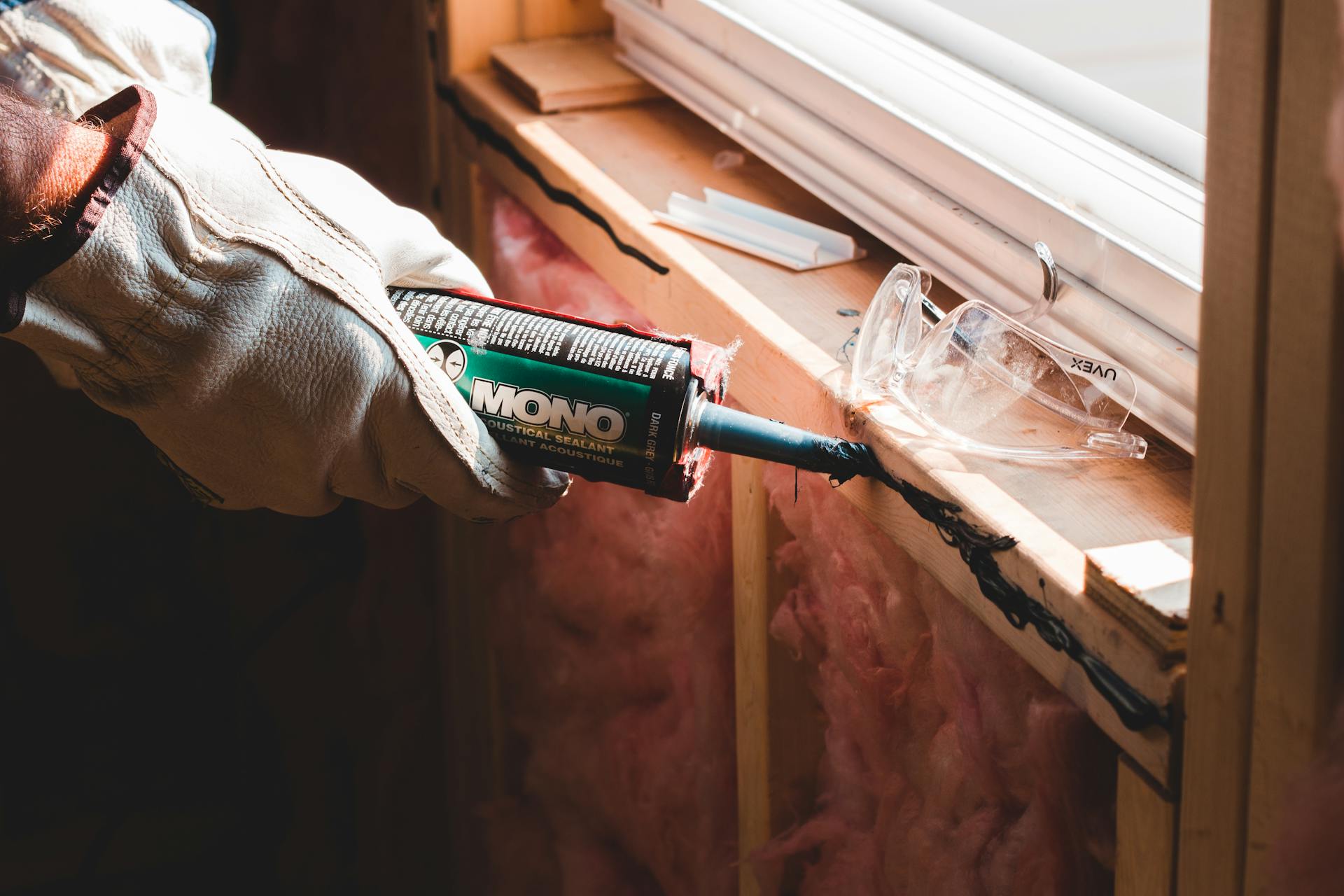

Question: What Saves the Most Energy in a House?
Answer: What saves the most energy varies by climate, but typically it’s a combination of proper insulation, efficient HVAC systems, and air sealing. These address major energy losses through walls, ducts, and windows.
Slash Your Energy Bills: Home Efficiency Hacks
What saves the most energy in a house? This question resonates with homeowners across the province, particularly with rising energy costs. Investing in energy efficiency not only benefits the environment but also translates to significant long-term savings. This article explores key strategies to minimize energy consumption and maximize your home’s efficiency.
Prioritizing Insulation and Air Sealing
Effective insulation and air sealing represent the most impactful energy-saving measures you can implement. They prevent heat loss during winter and heat gain during summer, drastically reducing your reliance on heating and cooling systems.
Attic Insulation:
Boosting attic insulation creates a robust barrier against temperature fluctuations.Wall Insulation:
Consider upgrading wall insulation, especially in older homes, to enhance thermal performance.Basement Insulation:
Insulating basement walls and floors minimizes heat loss through the foundation.Air Sealing:
Seal air leaks around windows, doors, and other openings to prevent drafts and energy waste.
Click this link to learn more about Orangeville realtors
Related Article: What Takes the Most Electricity in a Home?
Related Article: What is the Most Expensive Energy Source?
Harnessing the Power of Energy-Efficient Appliances
Modern energy-efficient appliances consume significantly less energy than older models. Upgrading your appliances can result in substantial savings on your utility bills.
ENERGY STAR® Certified Appliances:
Look for the ENERGY STAR® label when purchasing new appliances. These products meet stringent energy efficiency standards.Refrigerators:
Modern refrigerators use up to 40% less energy than older models.Washing Machines:
High-efficiency washing machines utilize less water and energy.Dishwashers:
ENERGY STAR® certified dishwashers use advanced technology to save water and energy.
Embracing Water Heating Efficiency
Water heating represents another significant energy expense. Implementing water-saving measures can contribute to overall energy conservation.
Low-Flow Showerheads:
Reduce water consumption without sacrificing water pressure.Insulating Hot Water Pipes:
Prevent heat loss and reduce the time it takes for hot water to reach your taps.Tankless Water Heaters:
Consider installing a tankless water heater for on-demand hot water and reduced standby heat loss.
Maximizing Lighting Efficiency
Lighting accounts for a noticeable portion of household energy use. Switching to energy-efficient lighting options significantly impacts your energy bills.
LED Lighting:
LEDs use up to 75% less energy and last significantly longer than incandescent bulbs.Natural Light:
Maximize natural light by opening curtains and blinds during the day.Lighting Controls:
Install dimmers and occupancy sensors to further optimize lighting energy use.
Renewable Energy Sources: Exploring Your Options
Integrating renewable energy sources, while a larger investment, offers significant long-term energy savings and environmental benefits. Consider exploring these options:
Solar Panels:
Installing solar panels allows you to generate your own electricity, reducing your dependence on the grid.Solar Water Heating:
Utilize solar energy to pre-heat your household water, reducing the load on your water heater.
Conclusion
What saves the most energy in a house? The answer involves a multifaceted approach. From prioritizing insulation and air sealing to optimizing heating and cooling systems and embracing energy-efficient appliances, every step contributes to significant energy savings. By implementing the strategies outlined in this article, homeowners can not only reduce their environmental impact but also enjoy substantial long-term savings on their energy bills. [ 1 ]
References
1. https://saveonenergy.ca/en/For-Your-Home/Advice-and-Tips/12-ways-to-make-your-home-more-energy-efficient


